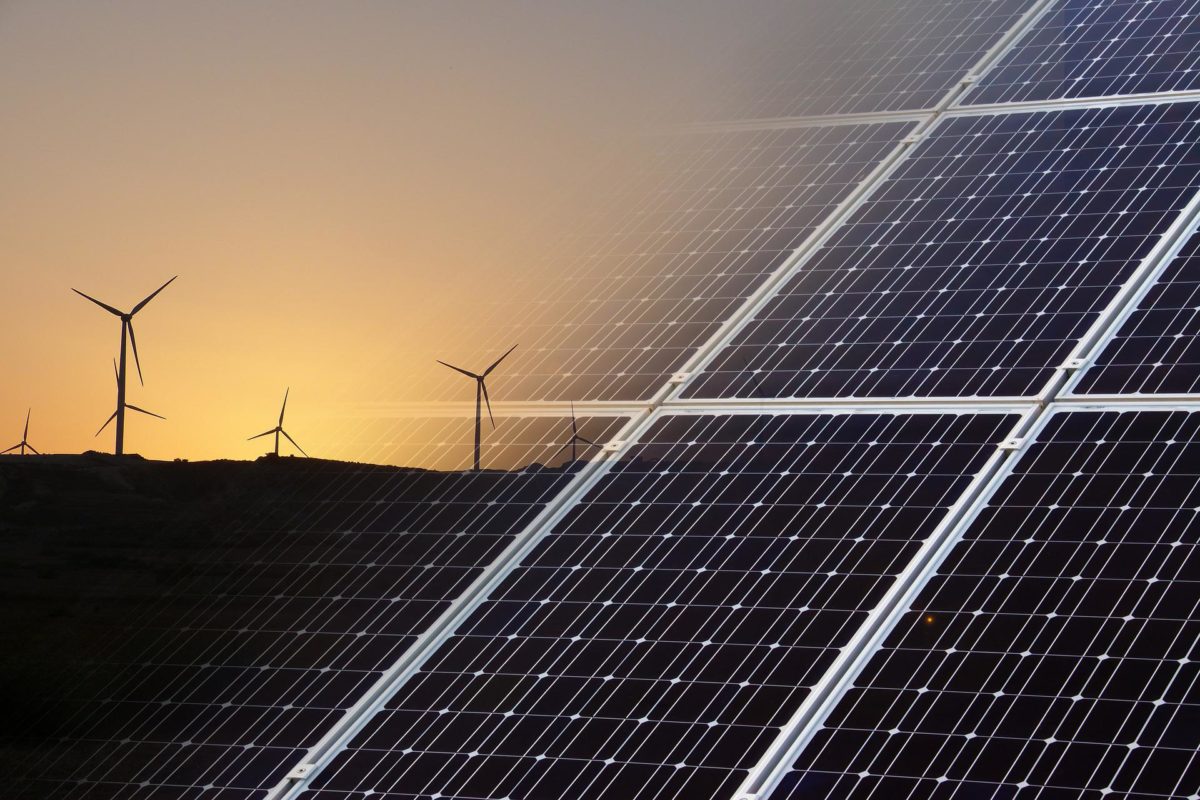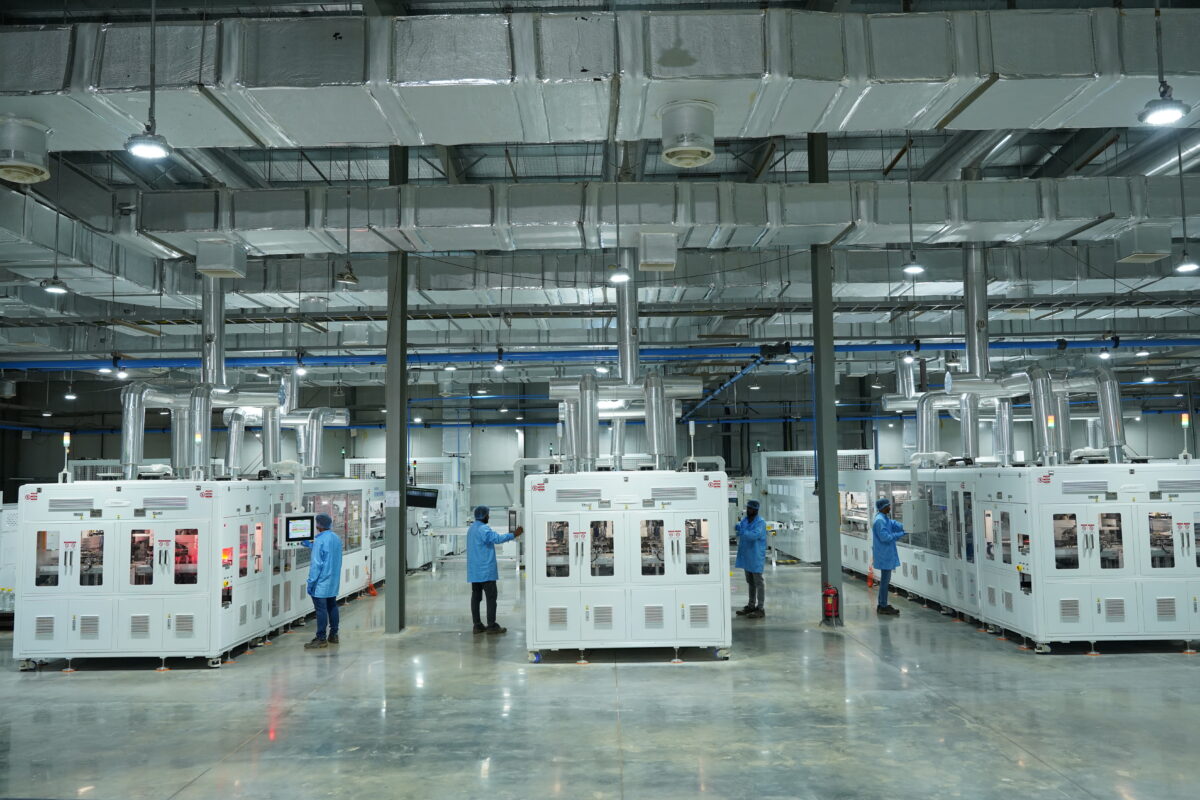REMC Limited, on behalf of Indian Railways, has invited bids to install 1 GW of grid-connected renewable power projects, with or without energy storage systems (ESS), for a round-the-clock power supply. The projects can be located anywhere in India. The selected developer shall set up RE power projects on a build-own-operate (BOO) basis. The nominated zonal railway will sign a 25-year power purchase agreement with the successful developer.
The RE generation (solar, wind, and hydro) components and the ESS may be co-located or located at different locations.
“Already commissioned projects will not be considered under this RfS. However, projects under construction or not yet commissioned will be considered, in case these projects are not already accepted under any other Central or State Schemes,” states the tender document.
A single developer can bid for 250 MW up to the entire 1 GW capacity.
In a separate tender, REMC has invited bids to set up an aggregate 1.548 GW capacity of land-based solar plants near the traction sub-station (TSS) at 25 kV connectivity. The capacity is to be installed on a build-own-operate basis across different zonal railways.
This content is protected by copyright and may not be reused. If you want to cooperate with us and would like to reuse some of our content, please contact: editors@pv-magazine.com.









11 comments
By submitting this form you agree to pv magazine using your data for the purposes of publishing your comment.
Your personal data will only be disclosed or otherwise transmitted to third parties for the purposes of spam filtering or if this is necessary for technical maintenance of the website. Any other transfer to third parties will not take place unless this is justified on the basis of applicable data protection regulations or if pv magazine is legally obliged to do so.
You may revoke this consent at any time with effect for the future, in which case your personal data will be deleted immediately. Otherwise, your data will be deleted if pv magazine has processed your request or the purpose of data storage is fulfilled.
Further information on data privacy can be found in our Data Protection Policy.